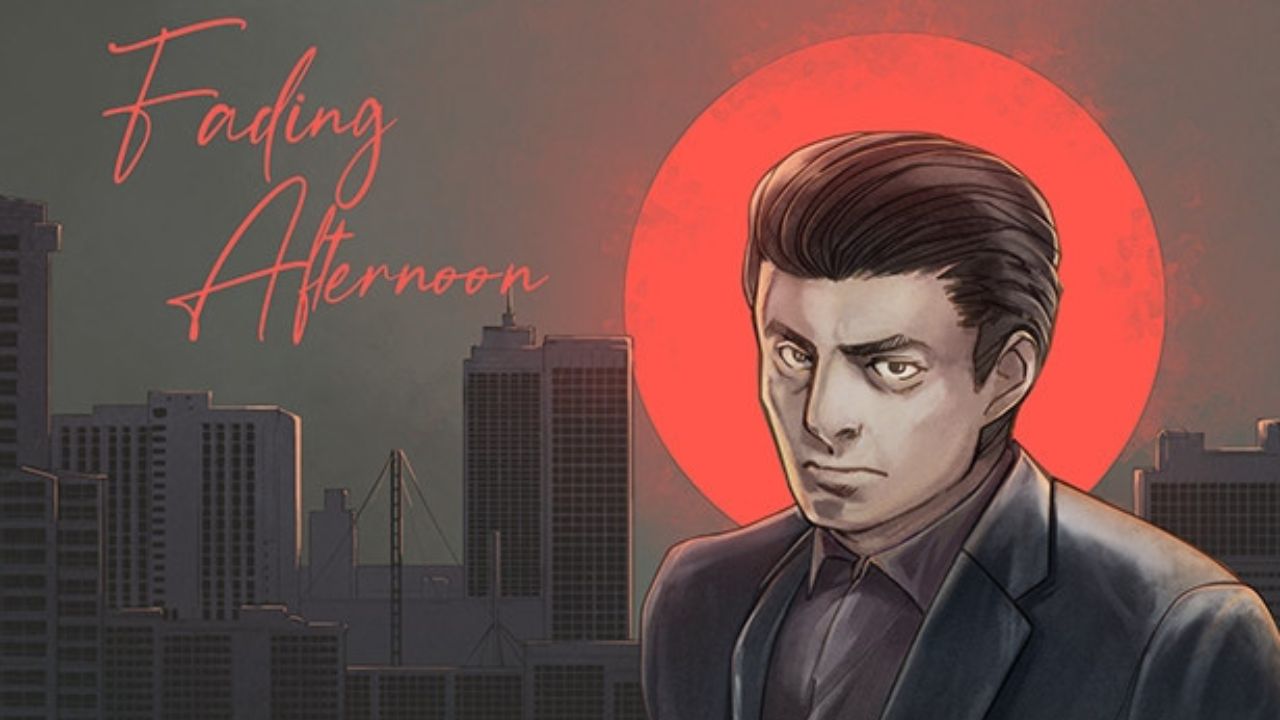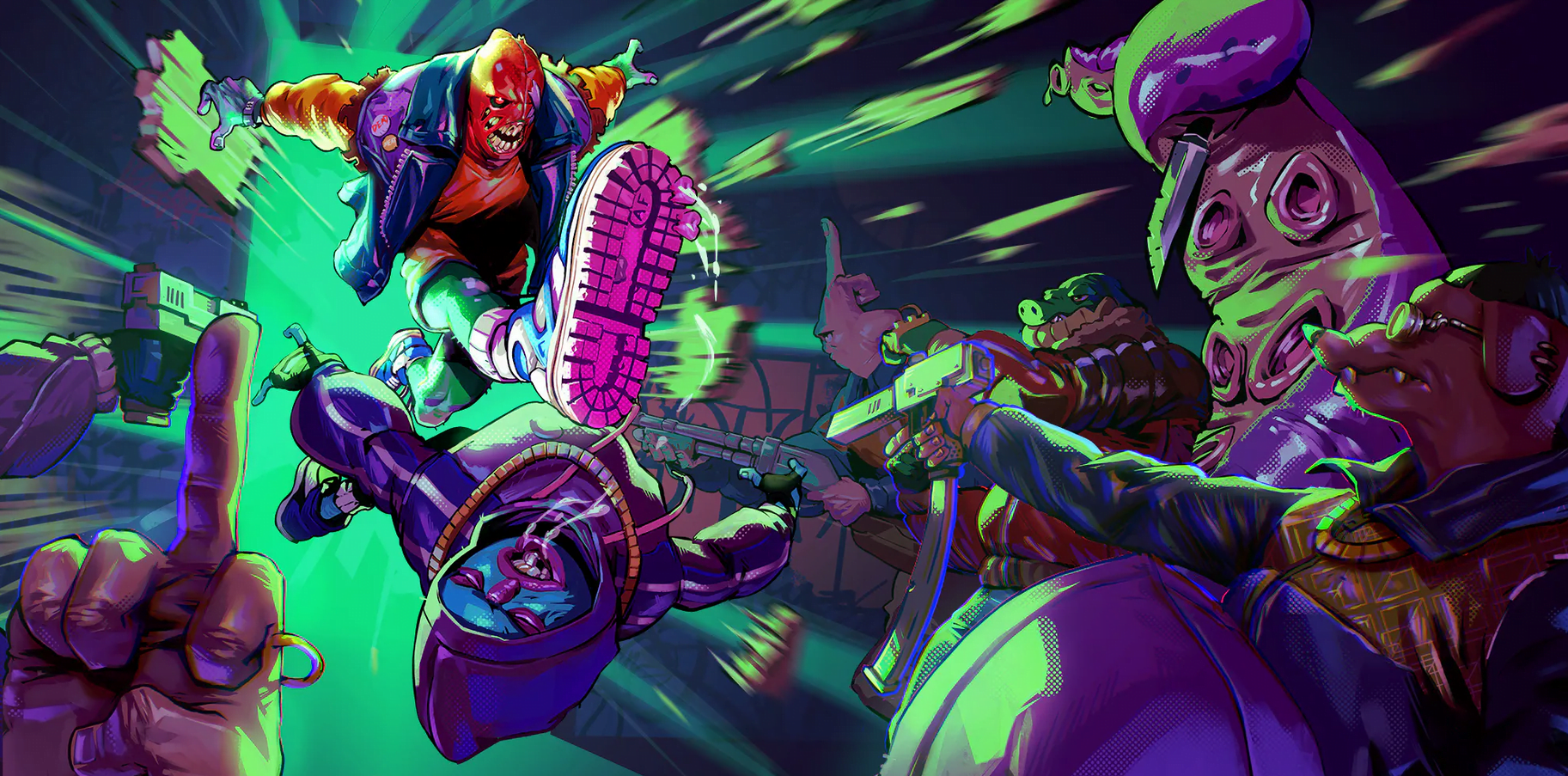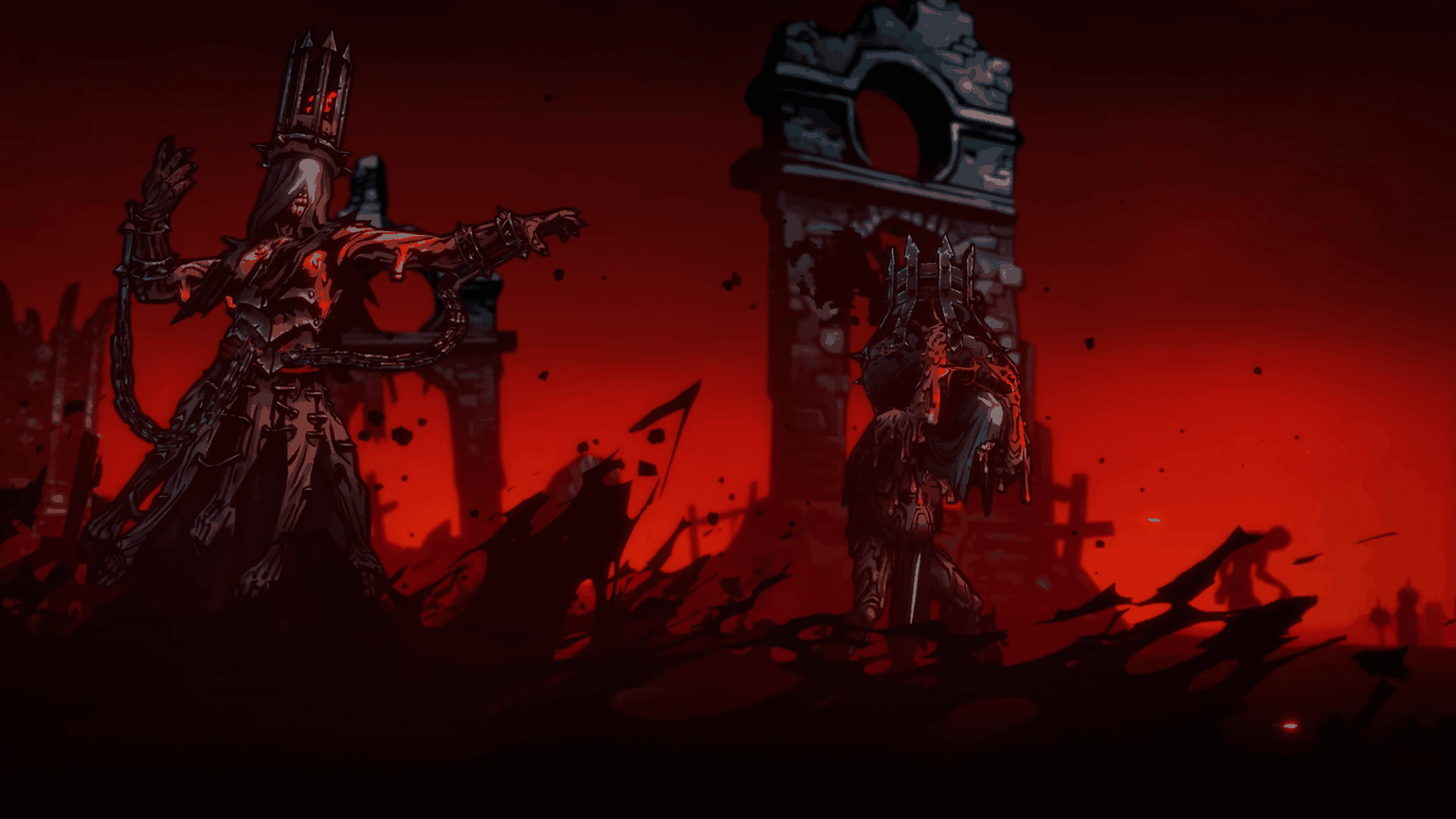Imagine if you will if someone was to make a new Yakuza – errr… Like a Dragon – but had to work within the retro-inspired confines of a game like River City Ransom. This is pretty much the setup of Fading Afternoon, a very gritty and feet-to-the-ground adventure game from Yeo, the team that brought you The Friends of Ringo Ishikawa and Arrest of a Stone Buddha. This time, you play as a member of the Japanese underground trying to figure his life out after spending years in the slammer and not getting any younger in the process.
Does that sound familiar to you? That’s because it’s the setup of not just Kazuma’s misadventures in Sega’s multi-game gangster saga, as well as of a whole lot of media relating not just to Japan’s seedy criminal world, but to the general trope of an out of element story we all love to watch, read, or play.
This time, the protagonist is one Seiji Maruyama, who’s a member of one of the families that used to dominate the city. After taking the dive for a crime he seemingly did not commit, he spent a long while in the slammer, only to be released, which is where the game starts. Things aren’t what they used to be as Seiji quickly finds out: for starters, his family isn’t anywhere near as powerful as it once was, and his health is quickly dwindling away.
Between a cigarette or three, we meet his aniki in the clan, Asuma, who, despite being in the dumps due to the family’s dire financial state, sets him up with a hotel room for an entire month. Now, it’s up to our gruff protagonist to figure out what to do, not only with his life, now out of jail, as well as his family. After all, his ties are not so easily broken.

At first glance, Fading Afternoon looks and plays a lot like River City Ransom. You scroll the screen horizontally as you move about town, and once you reach either edge, you are taken to a screen where you’re riding the train and have to decide where to go next. At the get-go, you are only able to move to a handful of locations, but more open up as the story progresses.
Each of these locations is littered with rival gangs and it’s up to you whether or not you want to start a war. Safe to say, once you do, you’re gonna have to fight, and that’s where a lot of the depth in Fading Afternoon comes into play. Depending on the context, Seiji can perform a number of different moves through surprisingly in-depth if sometimes cumbersome controls, where you’re required to hold face buttons and tap to the sides in order, for instance, to deflect an incoming attack or disarm an opponent.
And while punching and kicking can get you out of most jams, you’ll be much better off pulling some of these special attacks, because you are often way outnumbered as you move through town and start ruffing feathers with other families. Thankfully, there are alternatives to fighting unarmed, and they’re usually ridiculously overpowered. That’s the case of firearms, knives, and other weapons such as broken bottles, which you can acquire by stealing or spending your hard-earned dough.

Then again, it’s usually better to save your yen in order to keep your hideout, since once your rent runs out, you’ll be thrown to the street and have to contend with losing face with your brethren and rivals, which is never good. Thankfully, getting money isn’t that big of a deal since enemies tend to drop thousands of yen when defeated, but still, you have to remember to go back and manually pay for your lodging, which is a neat and at the same time anxiety-inducing mechanic.
The story in the game moves through Seiji’s personal timeline, as he remembers his time as a Kunio-kun like punk in school trying to score with a girl by joining the same social club, or his recollections of his career as a newly-inducted mobster learning the ins and outs of the criminal lifestyle. It’s all neatly delivered through voiceless dialog that’s excellently written, even if clichéd. Even though it deals with some expected tropes, Fading Afternoon deftly delivers a gripping enough story that will make dealing with its confusing controls an afterthought.
It’s worth noting that there are a number of different outcomes to the game depending on your actions. As time passes, Seiji’s health deteriorates, for instance, and if not kept at check, it leads to a less than desirable outcome. Given that the game is relatively short, usually clocking around 3-4 hours, it isn’t that big of a deal having to restart it, and thanks to the various conclusions you can reach in the story, you’ll find yourself playing it again and again.
Fading Afternoon isn’t exactly what I would consider a game with legs, but what it does have to offer is of a level of quality writing-wise that is enough to keep you glued to your PC screen for as long as it lasts. While other elements of the game could have been done better, mainly its controls, its gripping story, characters and setting more than make up for its annoyances.





